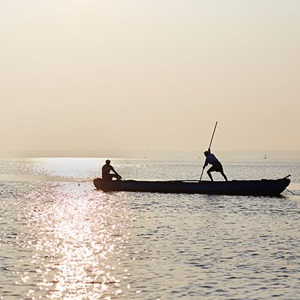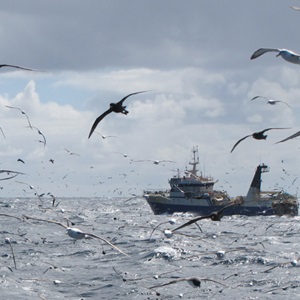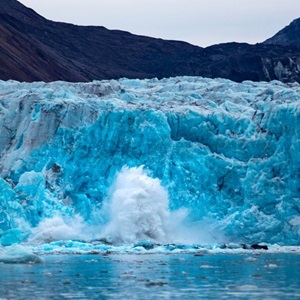Communities around the world depend on the fishing industry for food and income.
And for many people fishing is a way of life and a necessity, not a luxury.
With increasing population levels and challenges such as climate change, sustainable fishing is vital to safeguard food security and the livelihoods of millions of people around the world.
According to the United Nations Food and Agriculture Organization (UNFAO):
3.2 billion
people get at least 20% of their daily animal protein intake from fish
33 million
people employed directly in the wild capture fisheries sector
7.3%
of the global population relies on fisheries for their livelihood
Many of the world’s fishery workers are from developing economies. 77% of the world's fisheries workforce is in Asia, followed by 16% in Africa and 5% in Latin America and the Caribbean. The remaining 2% is spread across North America, Europe and Oceania. (UNFAO SOFIA Report 2024)
Sustainable fishing, sustainable communities
The MSC encourages responsible fisheries management and sustainable practices to protect the future of fishing communities.
Fishing is often a family business – future generations will only benefit if oceans remain healthy. Responsible fishers are choosing to fish sustainably in order to pass on their treasured way of life. 37% of the world’s population live in coastal communities where whole families are often employed in fishing. Women account for most of the workers in secondary marine-related activities such as fish processing and marketing.
Buying MSC certified fish and seafoodhelps sustain the livelihoods of those fishing responsibly.
Ocean Lives
Meet the people behind sustainable seafood. The MSC program is a collective effort that could not exist without the many fishers around the world who work to safeguard stocks, ecosystems and their own livelihoods.
Find out more

Pathway to sustainability

Our collective impact


